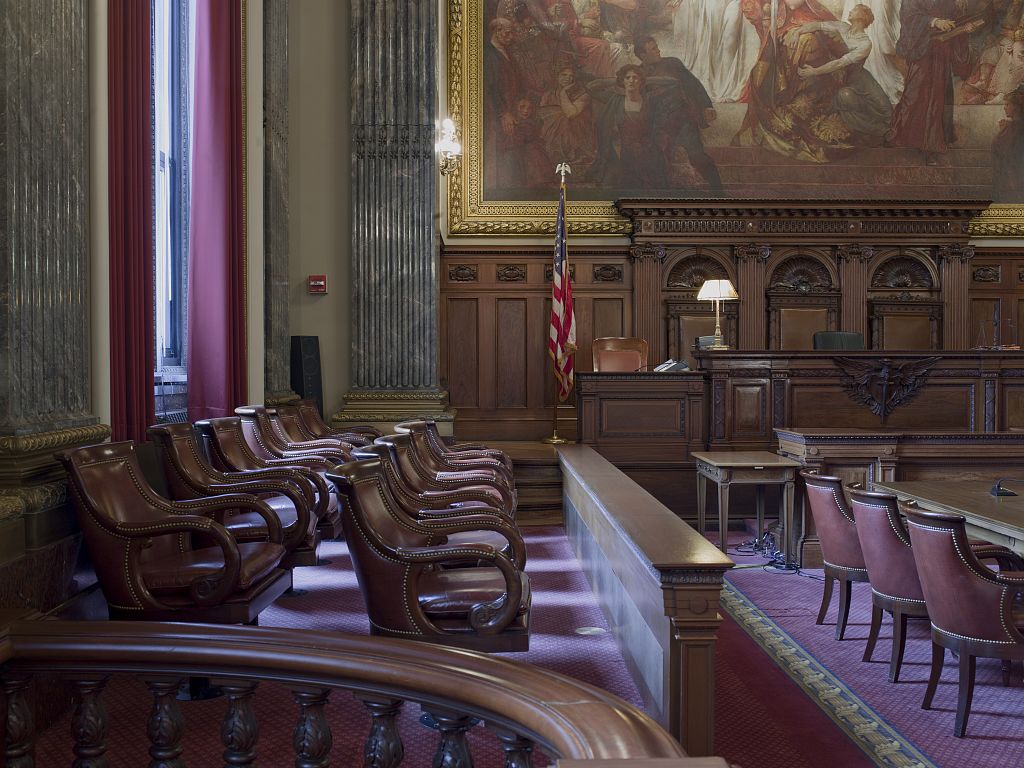Recording artist Kanye West and music publisher EMI are currently embroiled in dueling lawsuits with each other regarding an alleged breach of West’s co-publishing contract with EMI. West, who filed a complaint against EMI in court in California, asserts that California law should govern the terms of the contract. He also asserts that the contract amounts to a contract for personal services that began in 2003, thus violating a California statute that limits personal services contracts to seven years or less. Conversely, EMI filed a complaint in New York, asserting that New York law governs due to the choice of law provision in the contract. EMI also asserts that West’s…
-
-
Four Tips for Drafting Jury Instructions: A Tightrope Walk between Clarity and Accuracy
What’s the best way for attorneys to show appreciation for jurors during the North Carolina Judicial Branch’s Jury Appreciation month? Lavishing them with gifts is prohibited, but one way attorneys can show some appreciation is by drafting jury instructions that make the lives of jurors easier by streamlining the deliberation process. When it comes to cases with complex statutory language, lawyers may be faced with the task of drafting jury instructions and must learn to bridge the gap between legal jargon and natural language. To add to the pressure of crafting meticulously worded jury instructions, many appeals are based…
-
Counterclaims: When to Designate a Case to the North Carolina Business Court
The North Carolina Business Court (“Business Court”) is a specialized forum designed to adjudicate cases involving complex and significant issues of corporate governance and commercial law. If a dispute involves one of the subject matters enumerated in North Carolina General Statute § 74-45.4, then the case shall be designated and assigned to the Business Court. Cases may also qualify for discretionary assignments to the Business Court under Rule 2.1 of the General Rules of Practice for Superior and District Courts if it does not qualify for mandatory designation but involves certain other factors. Mandatory designations are governed by…


